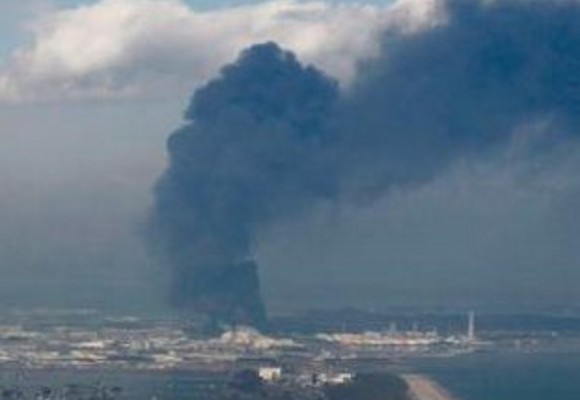 George Kenney's Electric Politics (EP) podcast is one of the top ten political podcasts in the country. Produced once a week on Friday mornings and boasting a theme song written by BJ Leiderman (who also writes the music for NPR radio shows), EP is more than just a wonky political theory show. Kenney has informal, timely conversations with fascinating guests on hot topics. Recently Kenny spoke with Dr. Arjun Makhijani, president of the Institute for Energy and Environmental Research (IEER) and a leading authority on nuclear fusion who has 37 years of experience in nuclear energy issues.
George Kenney's Electric Politics (EP) podcast is one of the top ten political podcasts in the country. Produced once a week on Friday mornings and boasting a theme song written by BJ Leiderman (who also writes the music for NPR radio shows), EP is more than just a wonky political theory show. Kenney has informal, timely conversations with fascinating guests on hot topics. Recently Kenny spoke with Dr. Arjun Makhijani, president of the Institute for Energy and Environmental Research (IEER) and a leading authority on nuclear fusion who has 37 years of experience in nuclear energy issues.
For people who assume that older nuclear plants in the U.S. are being replaced with safer, newer designs and that nuclear waste is now being safely and securely disposed of off-site, think again. The disaster at Japan's Fukushima Daiichi Nuclear Power plant -- and this interview with Dr. Makhijani -- will change your mind.

 Internal emails obtained by the UK Guardian show that British government officials colluded with nuclear power companies in the aftermath of the Fukushima Daiichi disaster to develop a PR strategy to downplay the severity of the event. Emails show the British government initiated contact with the nuclear industry about the debacle just two days after the earthquake and tsunami hit, and well before anyone knew the full extent of the disaster. The emails show close collusion between the power companies
Internal emails obtained by the UK Guardian show that British government officials colluded with nuclear power companies in the aftermath of the Fukushima Daiichi disaster to develop a PR strategy to downplay the severity of the event. Emails show the British government initiated contact with the nuclear industry about the debacle just two days after the earthquake and tsunami hit, and well before anyone knew the full extent of the disaster. The emails show close collusion between the power companies  Most nuclear reactors built in the U.S. in the 1960s and 1970s were explicitly designed to last for 40 years, but an
Most nuclear reactors built in the U.S. in the 1960s and 1970s were explicitly designed to last for 40 years, but an  While the U.S. media has been occupied with Anthony Weiner, the Republican presidential candidates and Bristol Palin's memoir, coverage of Japan's Fukushima Daiichi nuclear power plant disaster has practically fallen off the map. Poor mainstream media coverage of Japan's now months-long struggle to gain control over the Fukushima disaster has deprived Americans of crucial information about the risks of nuclear power following natural disasters. After a few weeks of covering the early aftermath of Japan's earthquake and tsunami, the U.S. media moved on, leaving behind the crisis at Fukushima which continues to unfold. U.S. politicians, like
While the U.S. media has been occupied with Anthony Weiner, the Republican presidential candidates and Bristol Palin's memoir, coverage of Japan's Fukushima Daiichi nuclear power plant disaster has practically fallen off the map. Poor mainstream media coverage of Japan's now months-long struggle to gain control over the Fukushima disaster has deprived Americans of crucial information about the risks of nuclear power following natural disasters. After a few weeks of covering the early aftermath of Japan's earthquake and tsunami, the U.S. media moved on, leaving behind the crisis at Fukushima which continues to unfold. U.S. politicians, like  George Kenney's Electric Politics (EP) podcast is one of the top ten political podcasts in the country. Produced once a week on Friday mornings and boasting a theme song written by BJ Leiderman (who also writes the music for NPR radio shows), EP is more than just a wonky political theory show. Kenney has informal, timely conversations with fascinating guests on hot topics. Recently Kenny spoke with Dr.
George Kenney's Electric Politics (EP) podcast is one of the top ten political podcasts in the country. Produced once a week on Friday mornings and boasting a theme song written by BJ Leiderman (who also writes the music for NPR radio shows), EP is more than just a wonky political theory show. Kenney has informal, timely conversations with fascinating guests on hot topics. Recently Kenny spoke with Dr.